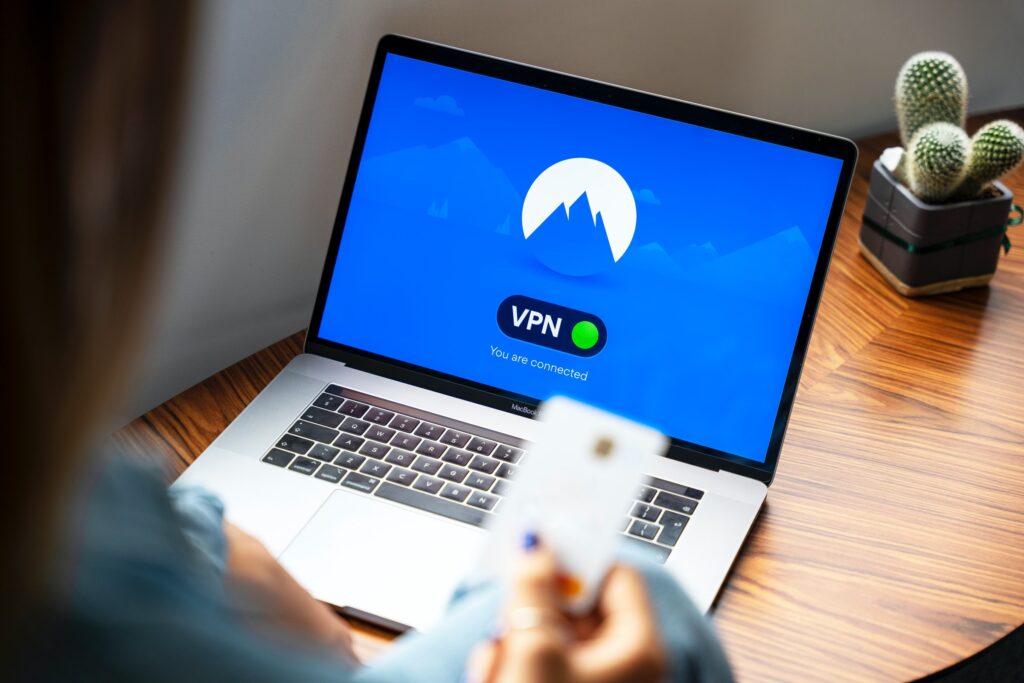
Importance of Virtual Private Network (VPN)
Importance of Virtual Private Network (VPN)
Many small businesses have reported data breaches and cyberattacks which have resulted in huge financial losses. To better protect the business’s network and data, it is recommended that small businesses use a virtual private network (VPN) for accessing the internet.
A VPN refers to a group of interconnected computers that share the same network over another primary network, like the internet. These connected computers are on a virtual version of a secure and physical network. A VPN creates a secure, encrypted connection and tunnels traffic to what’s called a proxy server. The encrypted connection protects the data on the device, therefore preventing hackers from accessing files and data. VPNs allow a computer located off-site to connect directly to office network just as if it was on-site and plugged in to a router, and with a secure and encrypted connection. Once two computers connect via a VPN, verification by each computer ensures network encryption. With that being said, some of the primary reasons businesses choose to use VPNs are:
1. Data Security
VPNs provide businesses a higher level of security for sending and receiving important data, such as customer credit card information. Advanced VPN technology protects the virtual private network from unauthorized access and cyberattacks.
2. Cost Effective
It’s also a cost-effective way for establishing secure electronic communications systems. VPNs cost less to implement than any other type of computer network protection method. VPNs incur a relatively low cost even when adapting different network computing protocols.
3. Scalability
VPNs offer unlimited potential for growth. Companies can easily add dozens of new users, without having to invest in network infrastructure. Business partners also have more user flexibility and privacy when choosing to communicate over VPNs.
The advantages of using a VPN are:
- High level of data security with advanced encryption and authentication protocols,
- Reduced operational costs when compared to traditional Wide Area Network (WAN) methods,
- Low-cost global networking opportunities,
- Scalability to address growth for large capacity and usage without the capital expenditure of an on-site network infrastructure,
- Allows employees to connect with remote offices using locally-available high-speed broadband;
The disadvantages of using VPN are:
- Installing a private VPN requires a thorough understanding of network security issues and careful installation configuration,
- There is no direct control, because it is reliant on ISPs that supply the VPN; network conditions can affect the quality (e.g. speed) of internet service,
- Vendor interoperability is not available;
Virtual private networks offer small and medium-sized businesses secure communications at a fraction of the cost of other electronic communication networks. Even small stores can utilize VPNs to ensure their business receives a secure electronic business communication solution that does not have technical problems. Adding a VPN to business networks is a great way to ensure data security, data privacy, and robust connections for the ever-growing mobile workforce. The costs and implementation process, which differs based on the type of VPN and provider, is almost always low enough to justify the addition of a VPN to the network.
As mobile and remote work is common for most small businesses, a VPN is one of the easiest and most cost-effective solutions to secure their business network.
